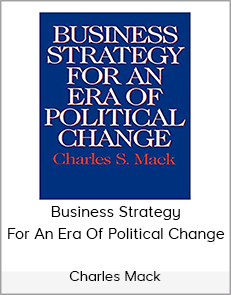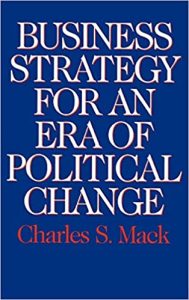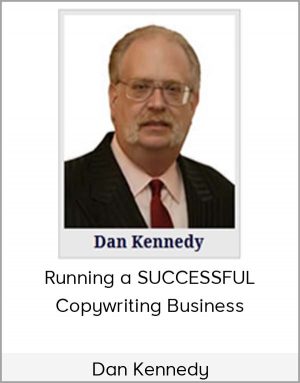Charles Mack – Business Strategy For An Era Of Political Change
$30.00$86.00 (-65%)
Mack’s book will be useful and important reading for government relations, public affairs
Charles Mack – Business Strategy For An Era Of Political Change
Check it out: Charles Mack – Business Strategy For An Era Of Political Change
America’s political party system is dying, Mack says, and it is being replaced by major interest groups that are using their vast grassroots networks and financial resources to take over the parties’ traditional functions. These interests include advocacy organizations for labor, the environment, minorities, and other causes often competitive with business interests. Mack lays out specific actions business organizations need to undertake if they are to compete in the politics and lobbying of the future. He analyzes the factors that will change American society and the business-government relationship over the next quarter-century, and that are bringing about the demise of political parties. Campaign finanace restrictions are only one of these factors, he says, but they may be the final blow to the parties’ last remaining asset, their ability to raise large amounts of money.
To affect the outcomes of future elections and legislative issues, corporations and business associations must go beyond merely financing political campaigns. They need to become more deeply involved in grassroots politics and to be more effective in influencing public opinion on issues and candidates. The most important of the specific steps the book recommends is innovative expansion of issue advertising programs to affect voter opinion on issues profoundly affecting business that will be on legislative agendas for decades-among them, international trade, immigration, social security, national savings, and campaign finance.
Mack explains the law and practicalities of political activity. He also shows how issues advocacy works to affect current legislation, political campaigns, and long-term issues. He includes model ads and cases to show how various political and legislative tools can be applied. The book concludes with an analysis of the consequences of the tumultuous 2000 elections for tomorrow’s politics and issues.
Mack’s book will be useful and important reading for government relations, public affairs, and association executives, and for public policy professionals in the academic community concerned about the future of American politics and its impacts on business and the legislative process.
























